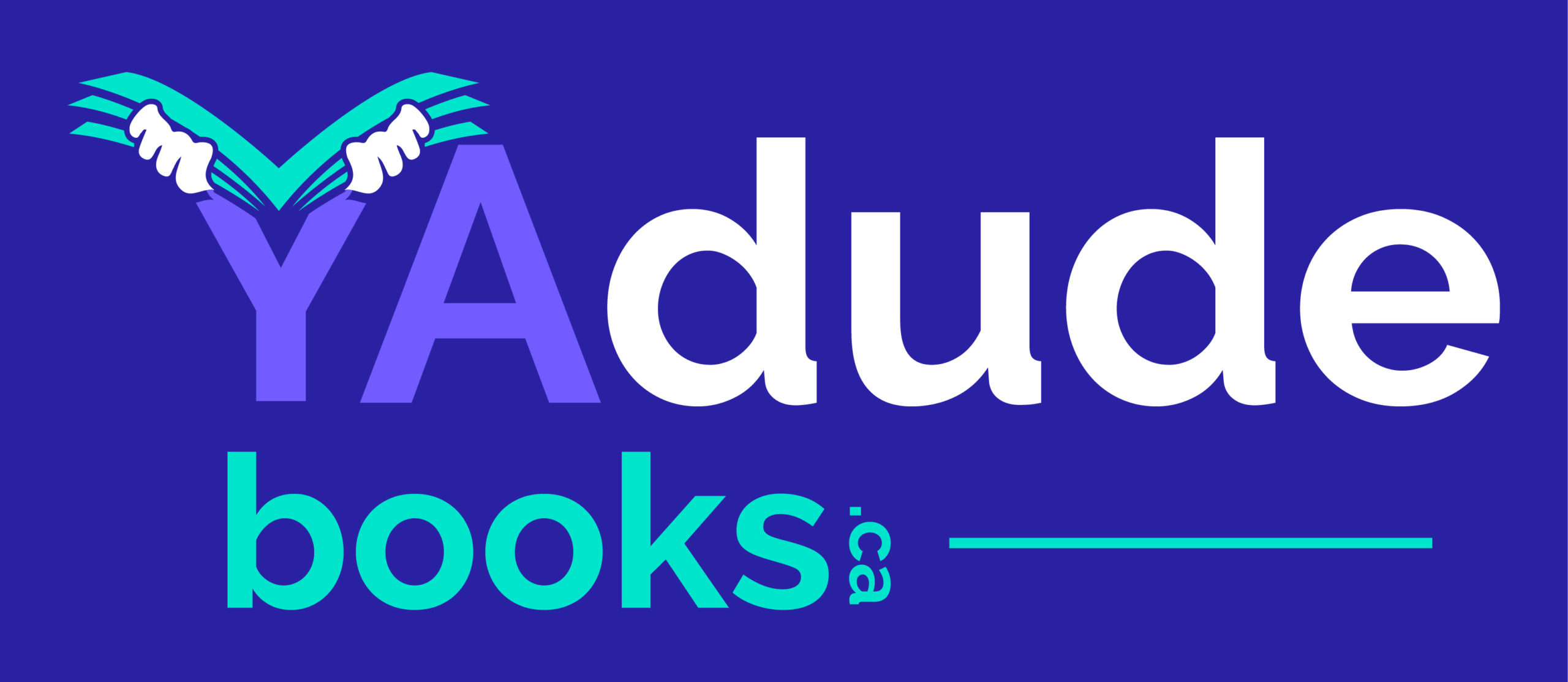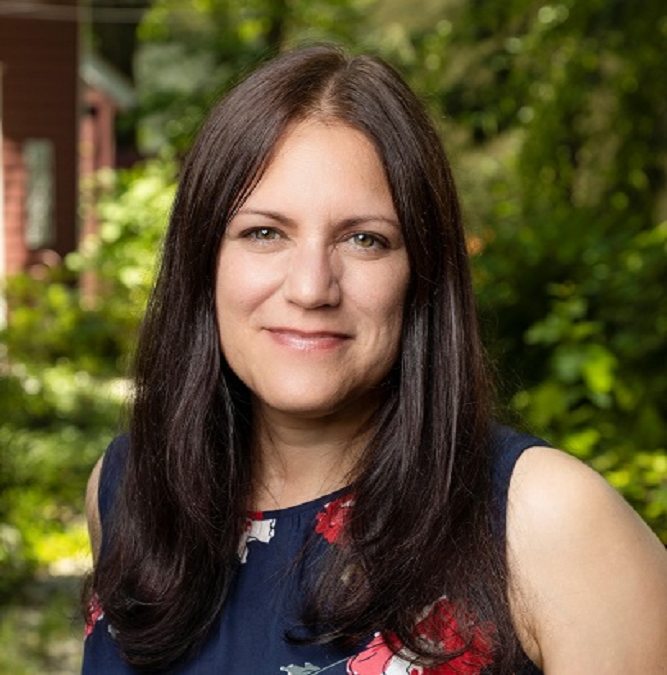Heather Camlot is an award-winning author, journalist, editor and translator. Her nonfiction books for children include Secret Schools, I Can’t Do What?, What If Soldiers Fought with Pillows? and The Prisoner and the Writer, which was named a Globe and Mail Top 10 Kids’ Book for 2022. She has also written two middle-grade novels, The Other Side and Clutch, a Kirkus Best Middle-Grade Historical Fiction of 2017. Born and raised in Montreal, she now lives in Toronto with her husband, teenagers and rescue dog.
Q: Fiction and nonfiction, picture books/middle grade/young adult and all manner of topics (social justice to baseball) – you are a prolific author of an astounding array of talents. Never mind that you’re also an editor and French-to-English translator. And you have not one, but four new books out in 2022/2023 schoolyear! Perhaps you’ve always been a compulsive multi-tasker who thrives on variety and hard work?
A: Wow! First of all, thank you. I don’t know about being a compulsive multi-tasker, but I have worked freelance in the different roles you mentioned for over 20 years; variety and hard work are a natural part of that type of profession. Depending on the projects, it can be difficult to work on so many things at one time, but so far, the overlap has been constructive and varied, editing one thing and writing another, for example.
Q: What draws you especially to middle grade and historical contexts?
A: My dad and his siblings never talked much about their childhood in the Plateau of Montreal, then a very Jewish neighbourhood. One day, my cousin and I asked my uncle about our grandfather, who had died long before we were born. He told us something to the effect of, “He was the poorest man I knew, he was the kindest man I knew and I never wanted to be like him.” Now, my uncle was one of the kindest men I ever knew, but that statement always stayed with me, along with some photos he had shown me of himself as a kid. Sometime later, I was reviewing children’s books for work and fell in love with Gary D. Schmidt’s middle-grade historical novel Okay for Now. Suddenly, these disparate family stories and images had an outlet – I was going to write middle-grade historical fiction!
I love the pace of middle-grade, the focus on the protagonist’s immediate world, the coming-of-age mentality and characteristics. And I’ve always loved delving into history, be it through art, politics, etc., so that was a natural place for me to start. The result was Clutch.
Q: You started writing fiction as a teen. Can you tell us about how your growing up years led to that, and then to your career?
A: I wish there was some momentous story here, but I just watched a lot of TV as a teenager. It was my alone time and my family time. In high school, I was in the lowest English class, and in Grade 8 we got to watch the movie to every book we read. That made me fall in love with writing – getting to see different interpretations of the same story. As you can imagine, my own teenage stories were heavy with dialogue. Actually, they still are! I studied TV, film and sound production in undergrad. Then, after interviewing my favorite band for the university radio station, I veered into journalism for grad school. (I mean, honestly, I can interview my idols as a career? Awesome!) But I know I was also too afraid to create, so I wrote about creators instead. Eventually, I realized I missed getting lost in a fictional world, so between work and family, restarted down that path.
Q: Can you explain your passion for inspiring young readers to explore social justice – where that comes from, why it’s important and the different tools it requires for fiction and nonfiction?
A: I never knew this passion was in me until I started writing for kids. I was very naïve as a child, only really knew or cared about my little corner of the world. In high school, I started reading a lot of John Steinbeck, whose work is filled with themes of social justice, humanity, alienation and powerlessness. I also took my first law class in high school. I loved it and took others in university. This would inspire my book I Can’t Do What? It was around this same time I saw the 1937 film The Life of Emile Zola (back to all that TV-watching!) and learned about the Dreyfus Affair, which fascinated and angered me. That inspired my book The Prisoner and the Writer.
We’re getting so much information from so many sources – so many misinformed and wrong sources – that it’s dizzying and confusing. The more we talk about harmony and acceptance, the more we’re splintering apart. There is so much division in the world. I believe that we need to understand the past to make the future better and I think middle-graders are the right age to learn, understand and act. But whatever information we as writers put out there, we must make sure it is correct, well-researched, honest and objective. Truth is our most important tool, in fiction and nonfiction.
Q: How has being a mother and journalist influenced your writing topics, style and choice of gender when you create a protagonist?
A: I started writing for possible publication when my children were under eight years old. My daughter is now 16 and my son is 18. My daughter loved reading, but it was hard for my son to read and understand, as much as he enjoyed stories. I wanted to write something that he would be drawn to, that would interest him enough that maybe he would sit and try. I know it doesn’t work that way now, but at the time, that was my motivation.
My nonfiction book What If Soldiers Fought with Pillows? was directly influenced by my son. He was having nightmares about war. We lay there in the dark and worked on ways to make that less scary. We came up with silly things like soldiers fighting with pillows and fighter pilots dropping food. He was able to get back to sleep; I was up all night thinking up more “what if” statements. The writing style for this and the accompanying Secret Schools is straight journalism.
My novel The Other Side was also influenced by my son, who is essentially the main character, and my father-in-law, who is the grandfather in the story. The kid sister is based on my daughter. I wondered how my kids felt about being from a mixed marriage, German and Jewish, so my son and I drew up questions for his grandfather, who was a German soldier during World War II. My father-in-law answered them and between that letter, his stories and the things my son was going through at the time, the novel came to be. My books, fiction and nonfiction, are heavily researched and fact-checked and that definitely comes from my journalism background.
Q: Of your novel The Other Side, one reviewer said you “artfully reveal how a young boy’s vulnerability is his strength, and we quietly rejoice when his warring emotions find an enduring peace.” Given that most of your books have boy appeal, tell us about the tricky art of writing for boys – especially middle-grade boys. And on fiction vs. nonfiction.
A: I love that quote. It’s incredibly heartening when a reviewer “gets” what I’m doing, or better yet, sees beyond what I ever intended. That’s the joy of writing – having readers interpret your work as it relates to themselves or those around them. To answer your question, though, I don’t really think about who I’m writing for anymore, beyond “child.” I look at my children’s interests and experiences, as well as my own. That goes for fiction and nonfiction.
As mentioned, Clutch was loosely based on my dad, so it was naturally going to be from a boy’s perspective. The novel The Other Side was closely based on my son and father-in-law, so again, boy’s perspective. My son wears his emotions more openly than my daughter and growing up he talked more about what was going on in his life, so I probably channel that when I write, which would have boy appeal. As for nonfiction, I’ve been a journalist for 25 years and that kind of writing is about objectivity, fact, and accuracy. It’s about telling a true story in the most accessible way possible and that’s what I try to do. I’m glad my writing has boy appeal, because reading was challenging for my son, but I believe books are for all and there is something for everyone.
- Pam Withers

